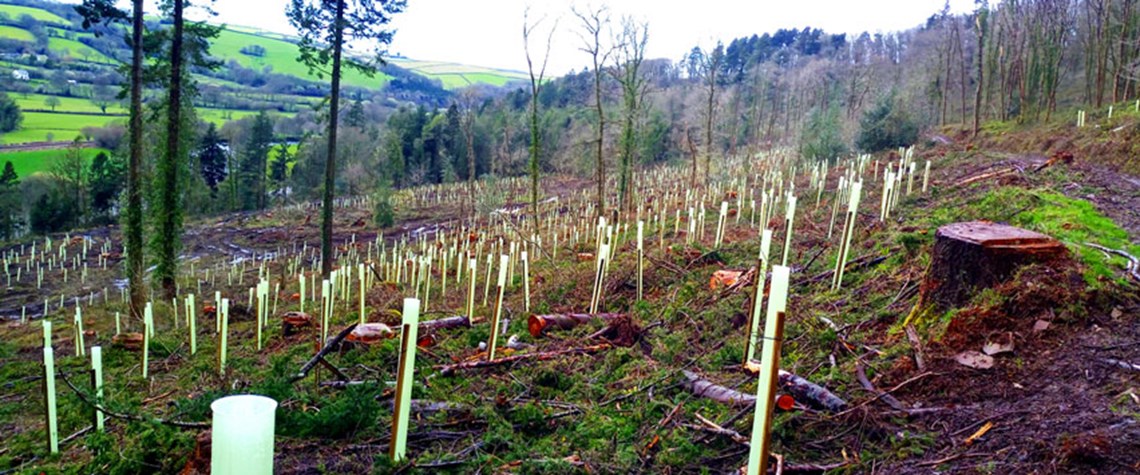Task force faces huge task to legitimise VCM
Private sector faces tough goal of bringing together stakeholders to give structure to the voluntary carbon market
Efforts to give structure to the global voluntary carbon market (VCM) have stepped up in the last fortnight as hundreds of experts have begun work to develop market governance, quality assurance and legal underpinning for the $1.5bn/yr trade. Offsets represent emissions reduced or avoided compared with a preset baseline and have been used for more than 20 years to neutralise emissions made elsewhere. For more than a decade, the VCM trade has been self-regulated by its private sector participants, rather than any single entity or government. As a result, transactions are mostly bilateral, while clients carry out lengthy due diligence on proposed offsets to ensure they meet relevant criteria.

Also in this section
9 January 2026
A shift in perspective is needed on the carbon challenge, the success of which will determine the speed and extent of emissions cuts and how industries adapt to the new environment
2 January 2026
This year may be a defining one for carbon capture, utilisation and storage in the US, despite the institutional uncertainty
23 December 2025
Legislative reform in Germany sets the stage for commercial carbon capture and transport at a national level, while the UK has already seen financial close on major CCS clusters
15 December 2025
Net zero is not the problem for the UK’s power system. The real issue is with an outdated market design in desperate need of modernisation







